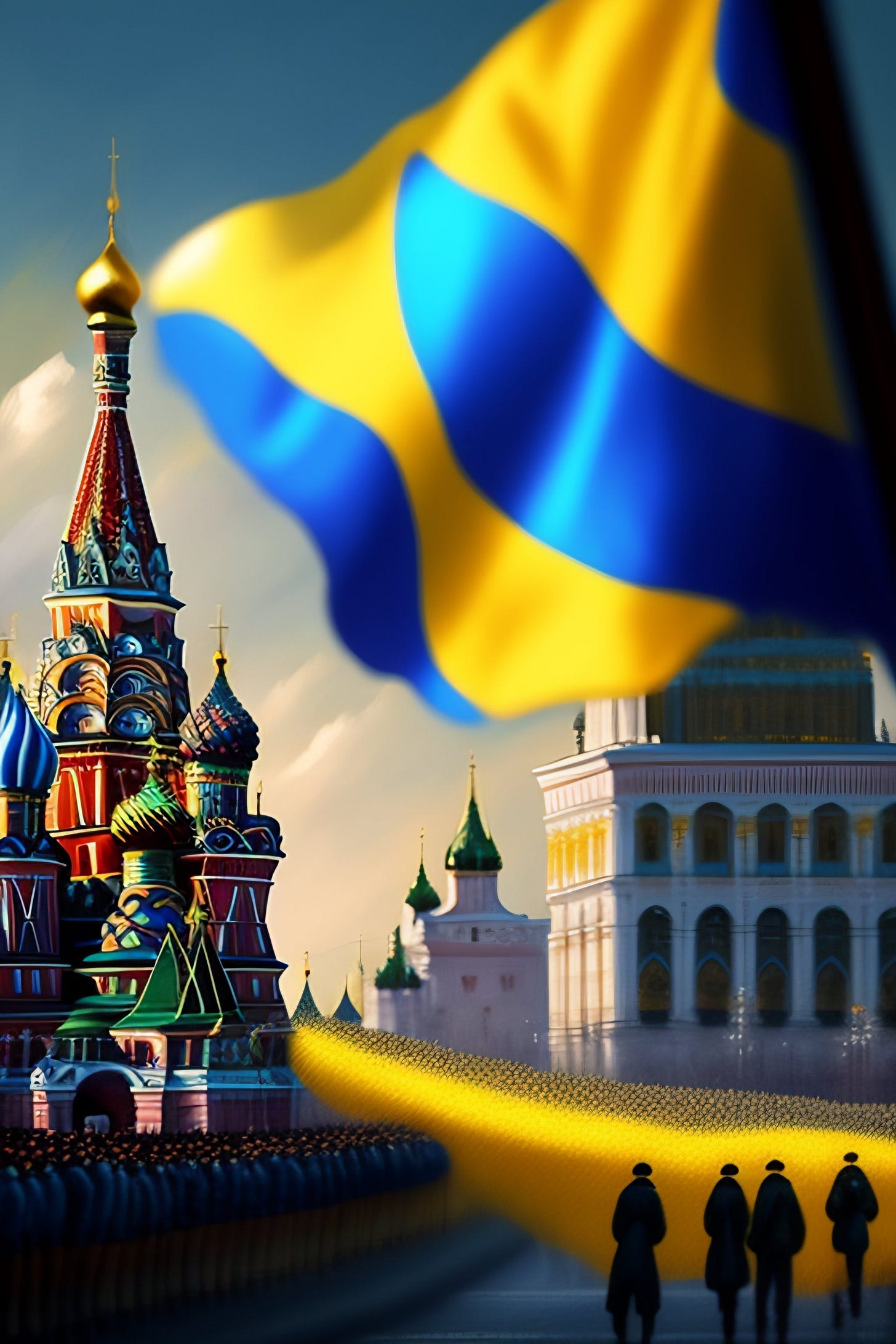In addition to his victim-blaming and NATO finger-pointing, Putin is playing a dangerous historical unity game in his endless quest to justify invading Ukraine. The far-reaching implications of this false justification are massive if left unchecked. Should the democratic world retreat into appeasement, there would be little to deter other countr…
Keep reading with a 7-day free trial
Subscribe to PolisPandit to keep reading this post and get 7 days of free access to the full post archives.




